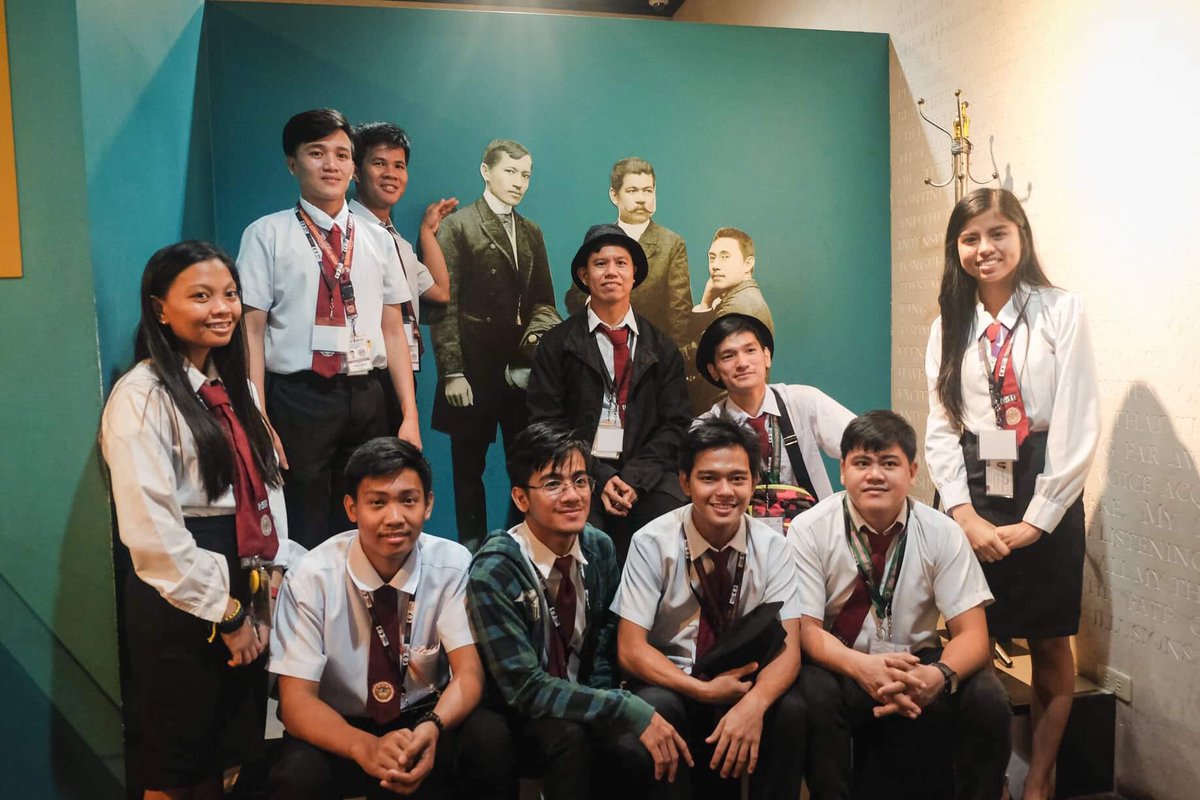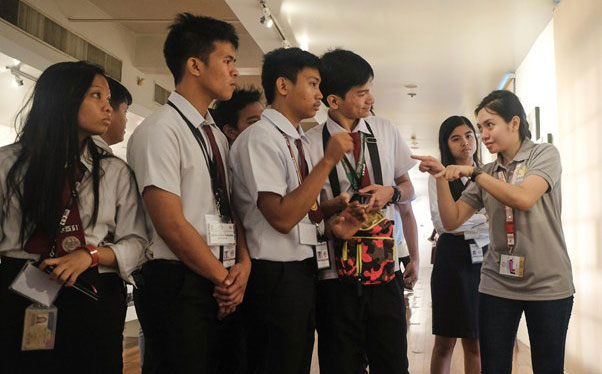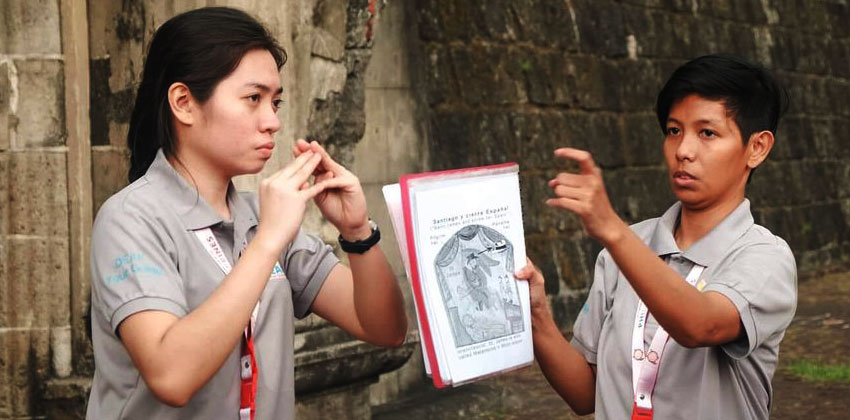Philippines to have deaf tour guides to help tourists with hearing problems

The Department of Tourism (DOT) has accredited 13 tour guides, who are with hearing difficulties to guide deaf tourists to the tourism hotspots of the country. Their first assignment was to guide 30 students from the Philippine School for the Deaf (PSD) to Manila’s historical spots, including Rizal Park, National Museum, and Fort Santiago.
Such specialized tour, which is the first of its kind, was designed to foster a non-handicapped educational tour for sustainable growth and development in tourism. The programmed was initiated by the Office of Industry Manpower Development (DOT-OIMD) in partnership with the De La Salle College of Saint Benilde (DLS-CSB).
Tourism Secretary Bernadette Romulo-Puyat said the program seeks to give training for deaf individuals to become tour guides for deaf visitors.
“Having tour guides skilled with knowledge of sign language and an understanding of the services needed by persons with disabilities is a must under the DOT’s thrust for barrier-free tourism. Not only will this provide quality service to tourists with special needs, but more importantly, this will create opportunities, which are the very essence of an inclusive tourism industry,” said Puyat.

According to Puyat, the DOT is geared towards conducting more similar training programs. “We are working with the National Council on Disability Affairs. We are identifying areas where there is a notable number of population of deaf and mute,” added the tourism secretary.
The movement is to provide rehabilitation, self-development and self-reliance to of disabled persons and their Integration. The state will provide necessary assistance to develop their skills and potentials to enable them to compete favorably for available opportunities.
“A Deaf Community Training Seminar was conducted in Manila last March that led to the accreditation of the 13 deaf tour guides,” said Nelly Dillera, Director of the Office of Industry Manpower Development (OIMD).
Earlier this year, the DOT initiated an inter-agency consultation to address the facilities and infrastructure lacking in the country’s tourism establishments. One of the identified challenges is the small number of service providers who have the skills to communicate with local and foreign tourists who are deaf.

At present, only 27 deaf tour guides have passed the rigorous training process of the DOT-OIMD. These aspiring special tour guides must successfully complete the seven-day training program based on the ‘Community Tour Guiding” module provided by the DOT.
“There are already existing institutions like the DLS-CSB that have programs like this for tourism and tour guides. We are partnering with them so that these community training programs will be implemented not only in Metro Manila but also in other regions,” said Dillera.
Meanwhile, the DOT has coordinated with the Intramuros Administration (IA) to provide the newly-minted deaf tour guides with opportunities to serve tourists with special needs. They are all members of the Deafinite Tour Guiding Service (DTGS), a non-profit, professional organization consisting of deaf tour guides committed to deaf identity, service excellence, and professional ethics.



